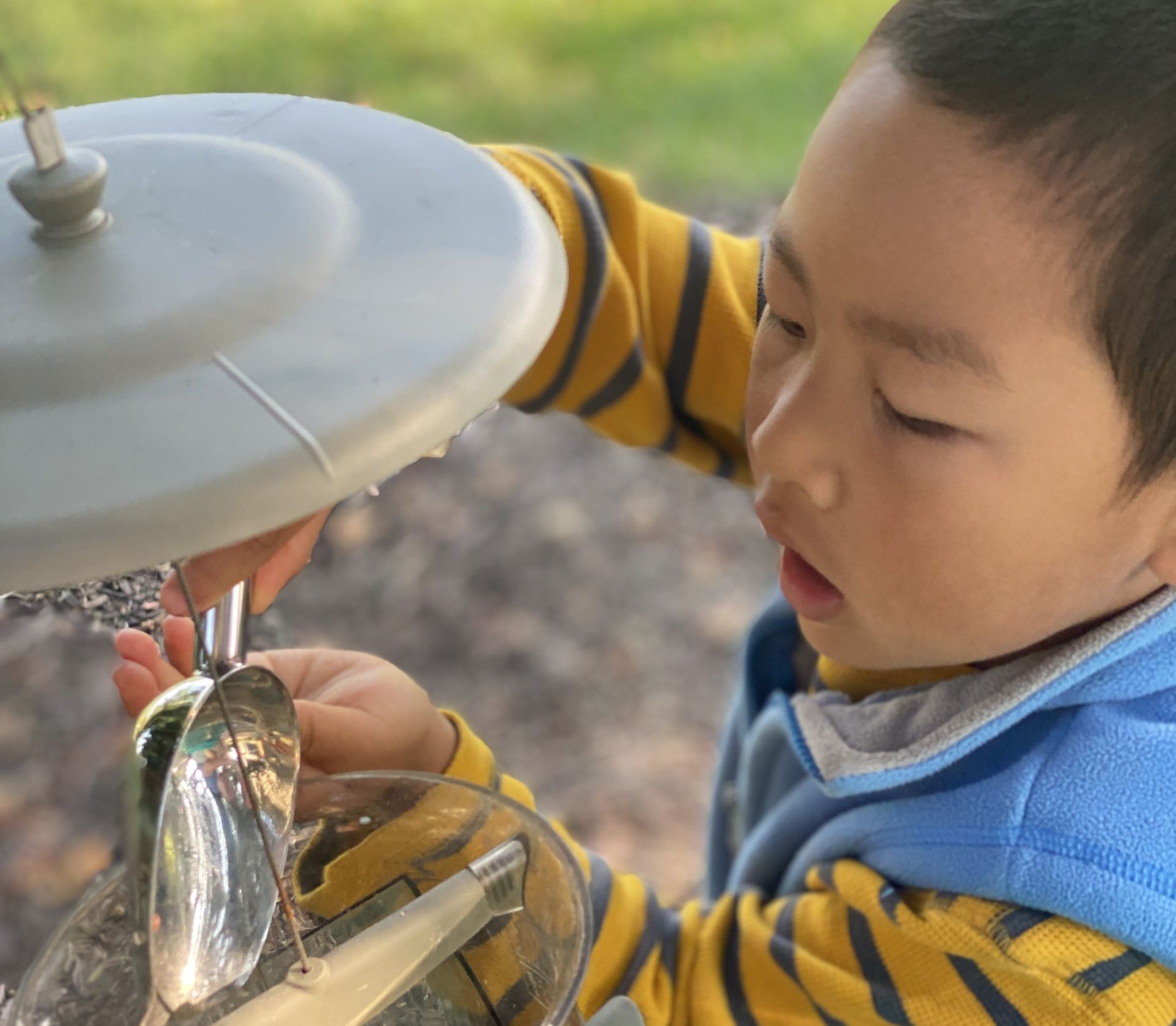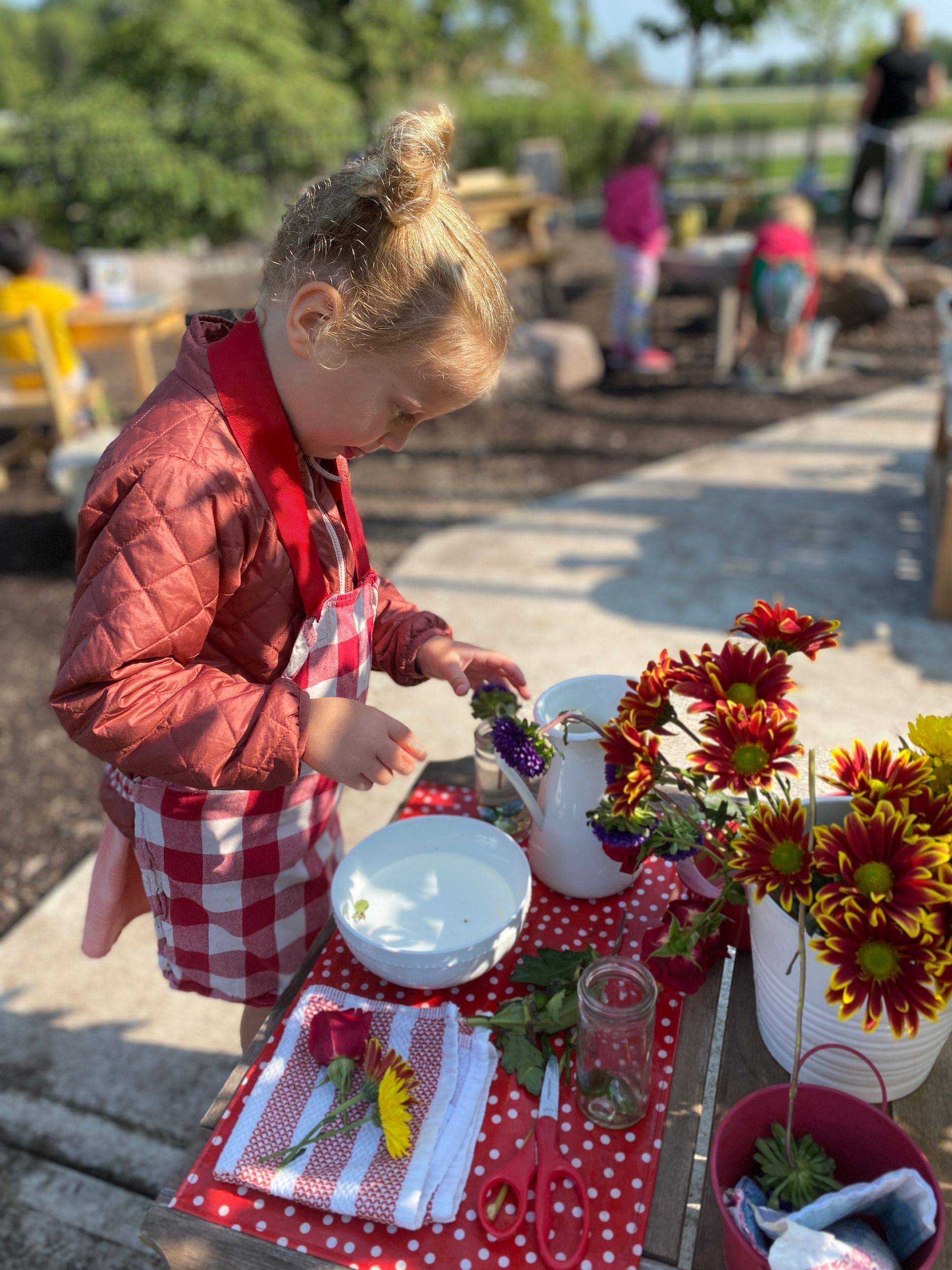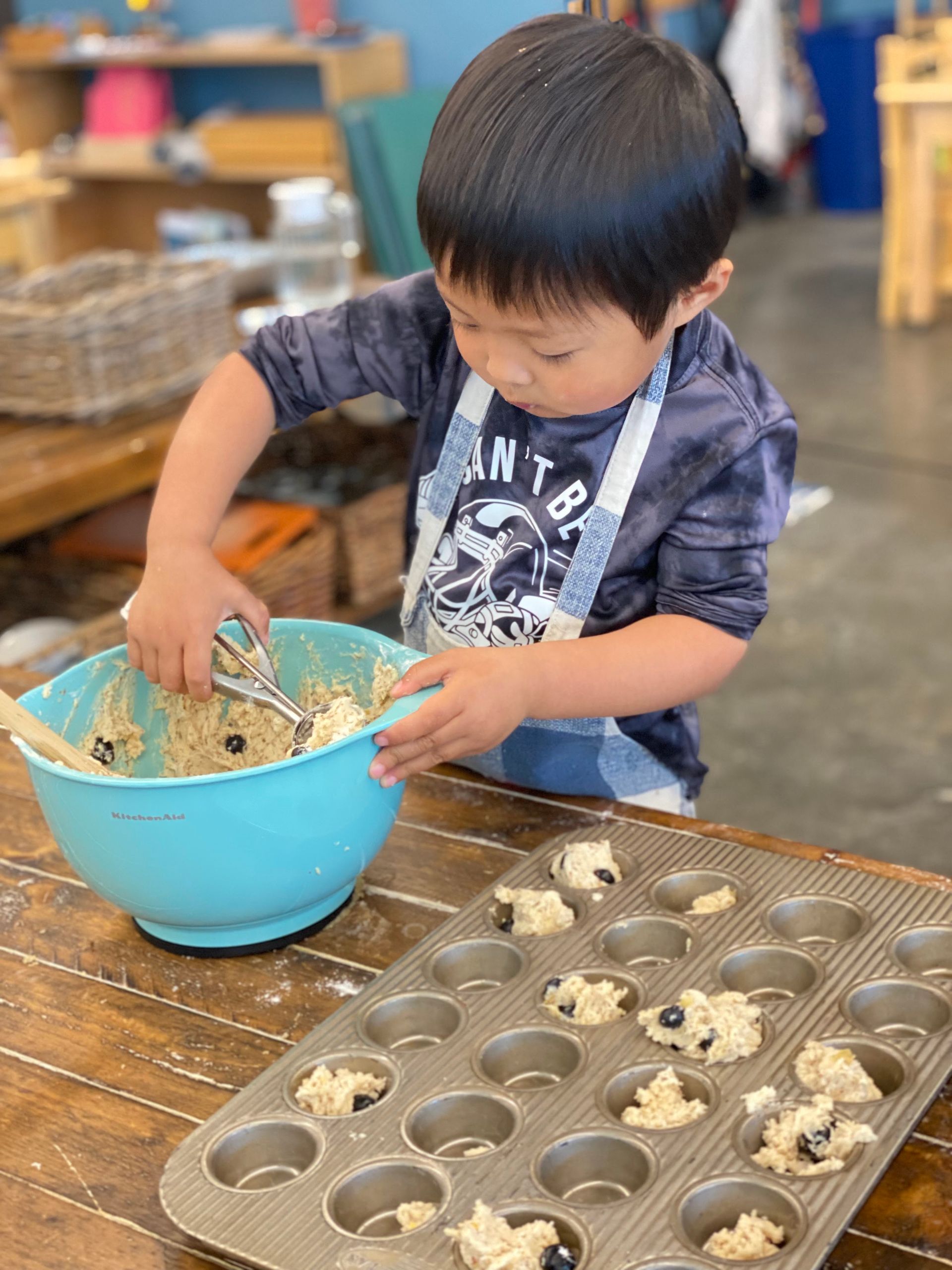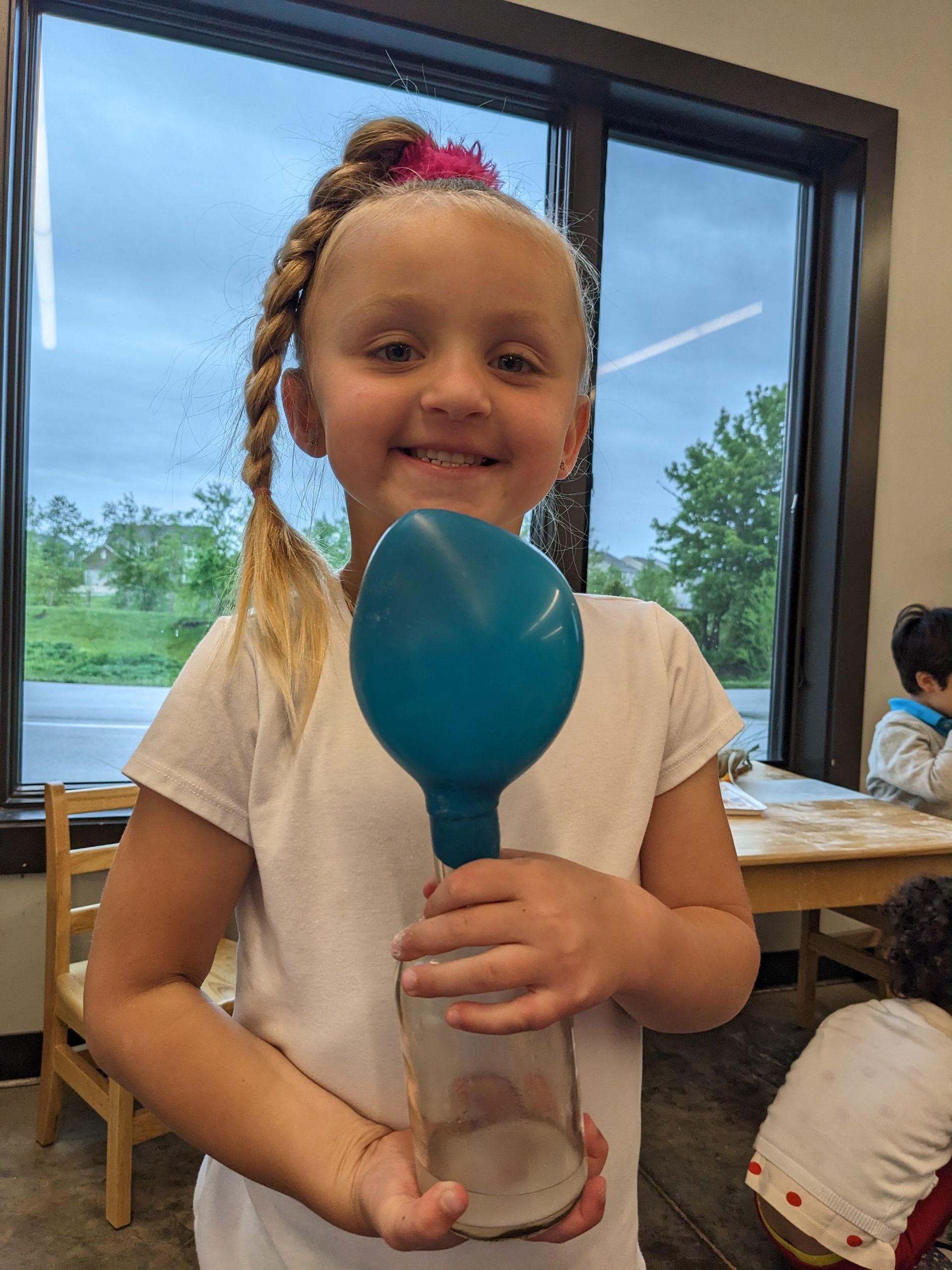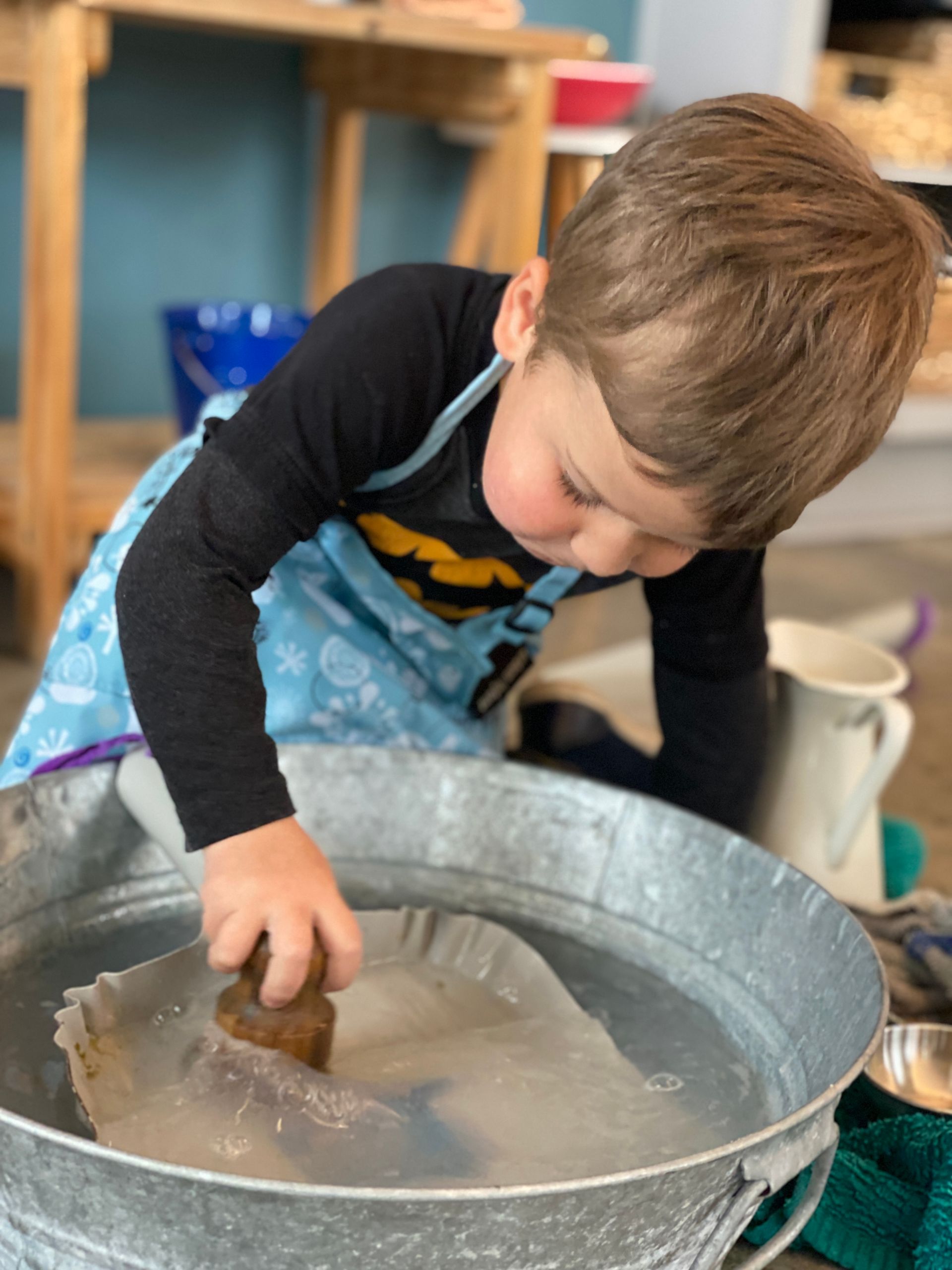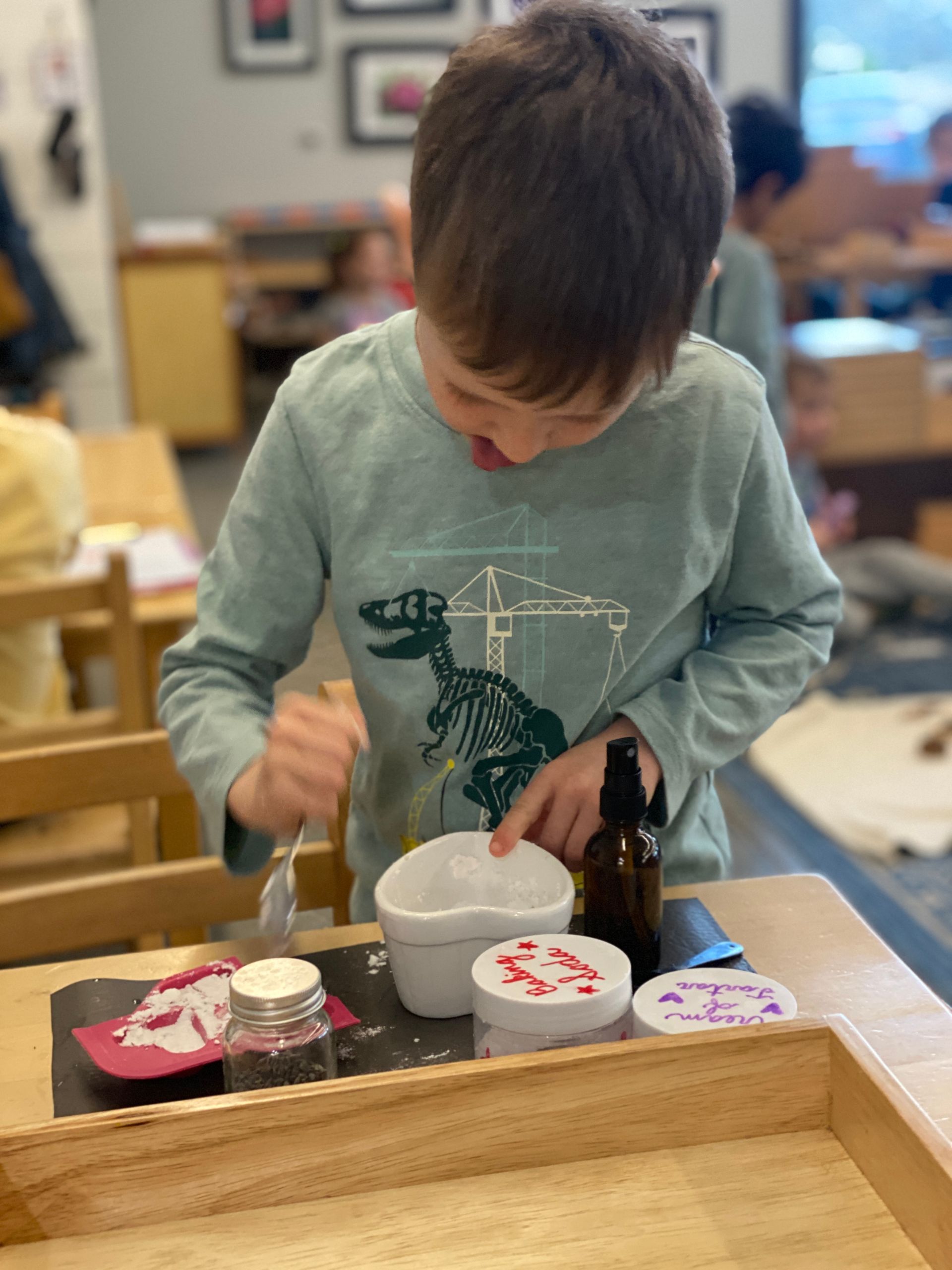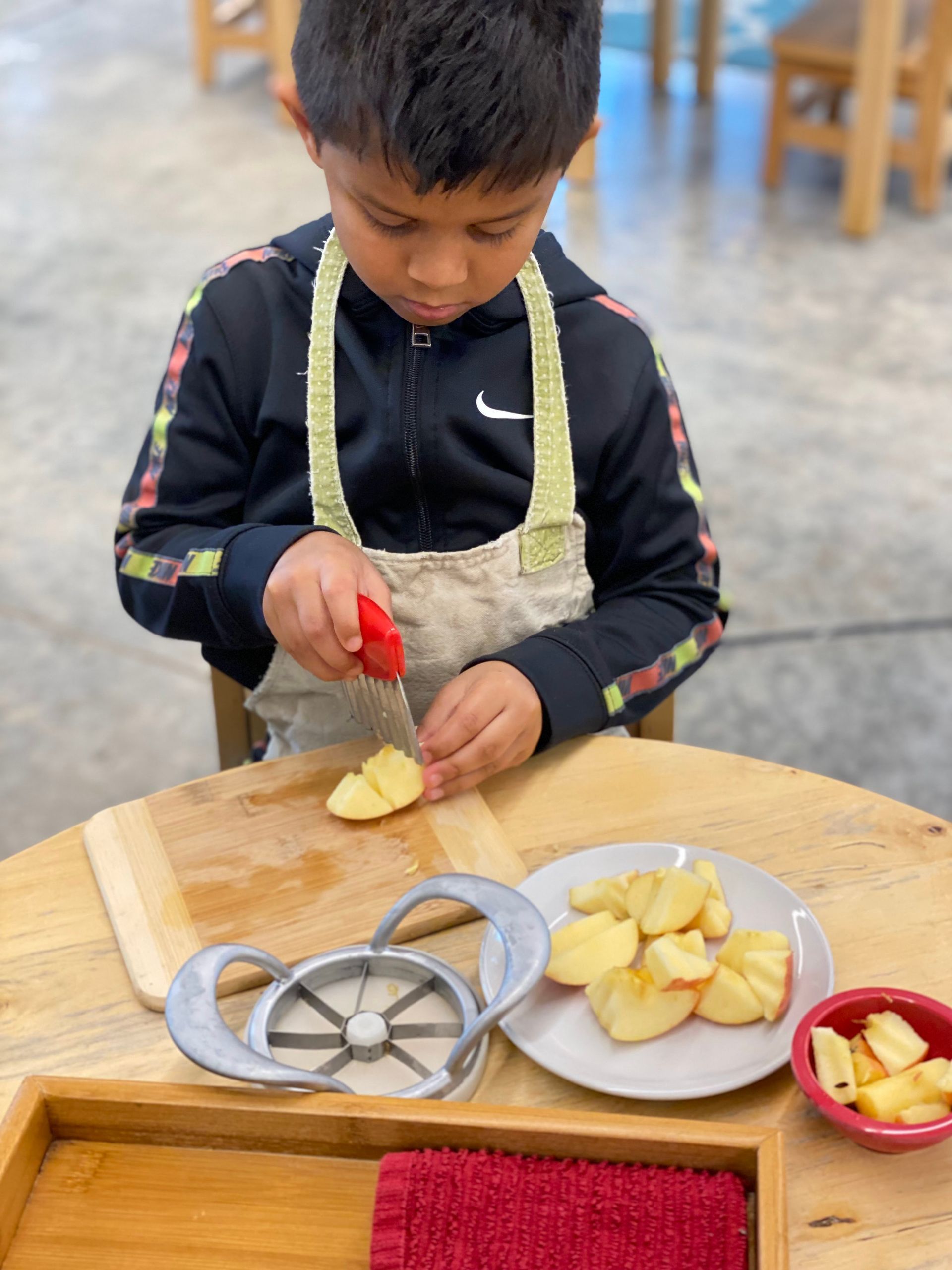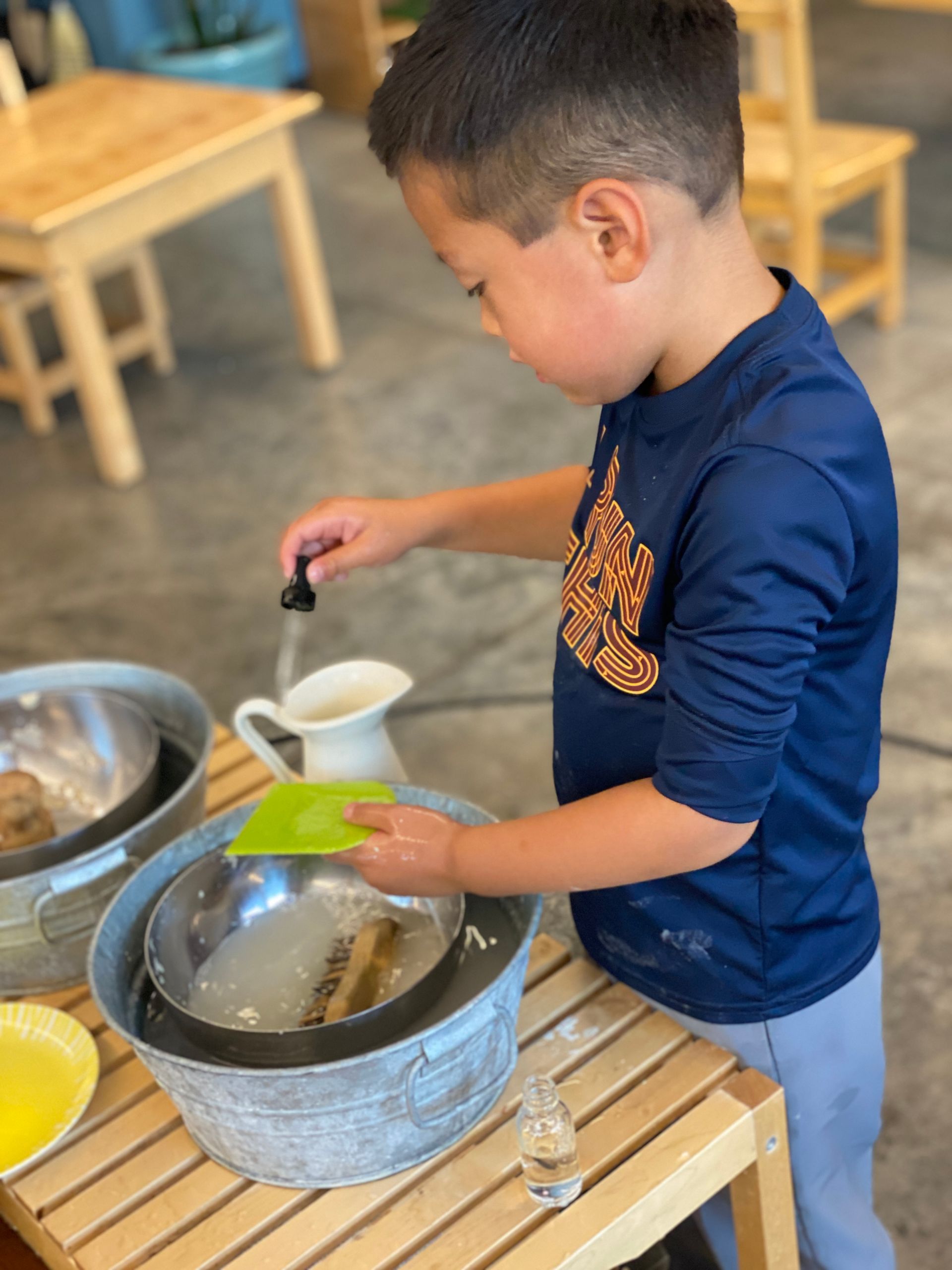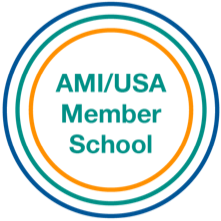“I call a child of three years a man because I see his merits instead of his size. He has acquired a great degree of independence and can do many things for himself – he can eat, speak, and walk without assistance.”
MARIA MONTESSORI
Montessori education is renowned for its ability to foster independence and self-directed learning in children. This approach, developed by Dr. Maria Montessori, empowers students to take ownership of their education and encourages them to explore and learn at their own pace.
Prepared Environment
A cornerstone of Montessori education is the creation of a carefully prepared environment. In a Montessori classroom, you'll find a rich array of materials and activities specifically chosen to match the developmental needs and interests of the children. These materials are accessible to the students, and they are encouraged to choose their activities freely. This autonomy encourages children to become active
participants in their learning journey.
Freedom of Choice
Montessori classrooms emphasize freedom of choice. Children are given the liberty to decide what activities they want to engage in and for how long. This choice extends to the selection of learning materials and even where they work within the classroom. This fosters a sense of responsibility as students must decide when to start and finish their tasks, promoting time management and self-discipline. While we
believe it’s important to give children choices, too many choices can feel overwhelming and counter productive. Placing some limitations keeps their decision-making process safe and manageable, setting them up for success. Our job as Montessori educators is to create the conditions for children to independently make decisions that will help them grow and develop their self-confidence.
Self-Directed Learning
Montessori educators act as guides rather than traditional teachers. They observe each child's unique progress and readiness for particular lessons, offering individualized instruction when necessary. This approach encourages self-directed learning, as students develop the ability to identify their interests and select activities that align with their curiosities. This intrinsic motivation to explore and learn leads to a deeper and more meaningful understanding of subjects.
Autonomy and Confidence
By giving children the freedom to make choices and direct their learning, Montessori education instills a sense of autonomy and self-confidence. Students learn to trust their abilities and judgment, becoming more resilient and adaptable learners. This confidence extends beyond academics and influences their personal and social development.
Respect for the Child
Montessori education is built on respect for the child as an individual. The approach values a child's innate curiosity and their natural drive to learn. The role of the teacher is to provide an environment that supports and nurtures this curiosity, ultimately leading to independent, self-motivated learners.

